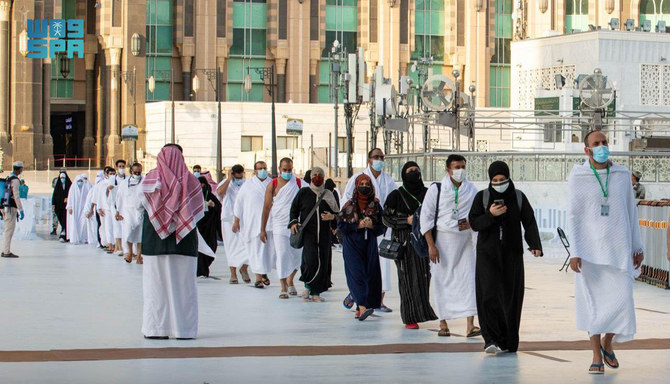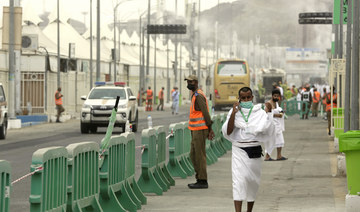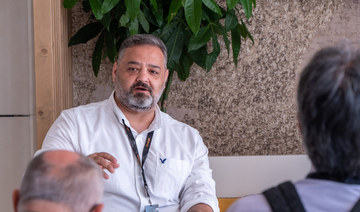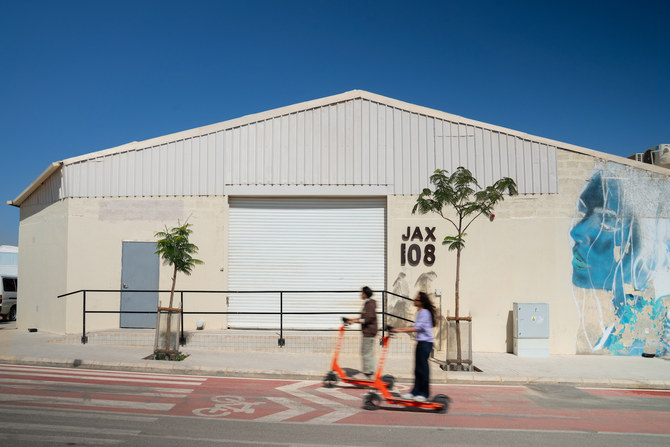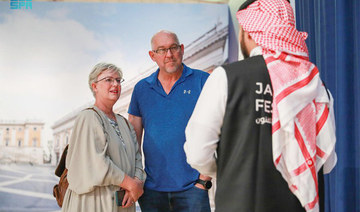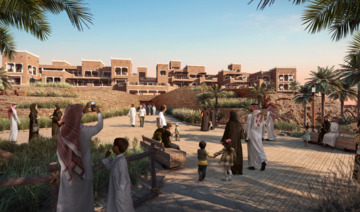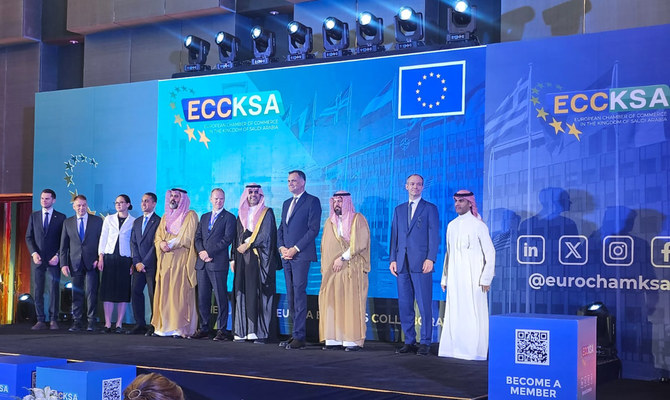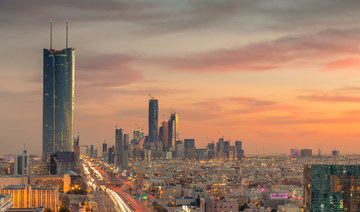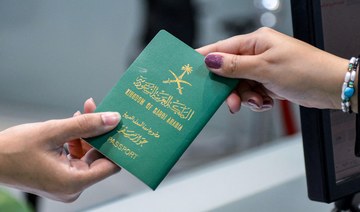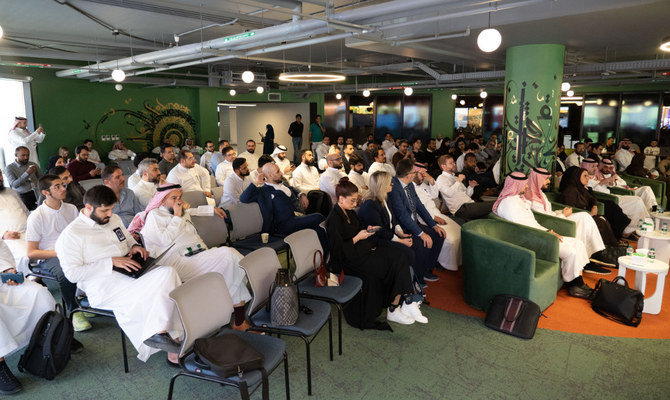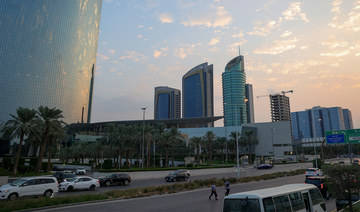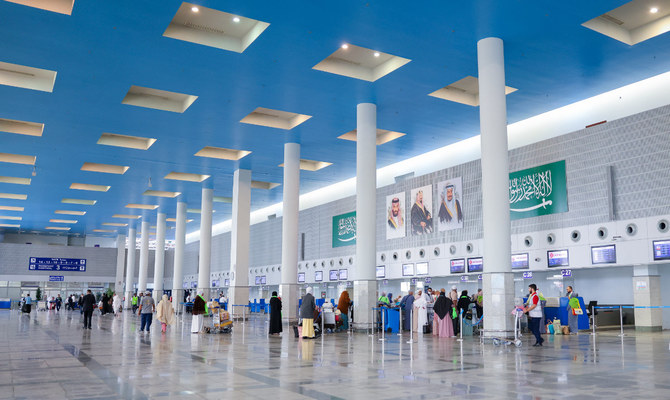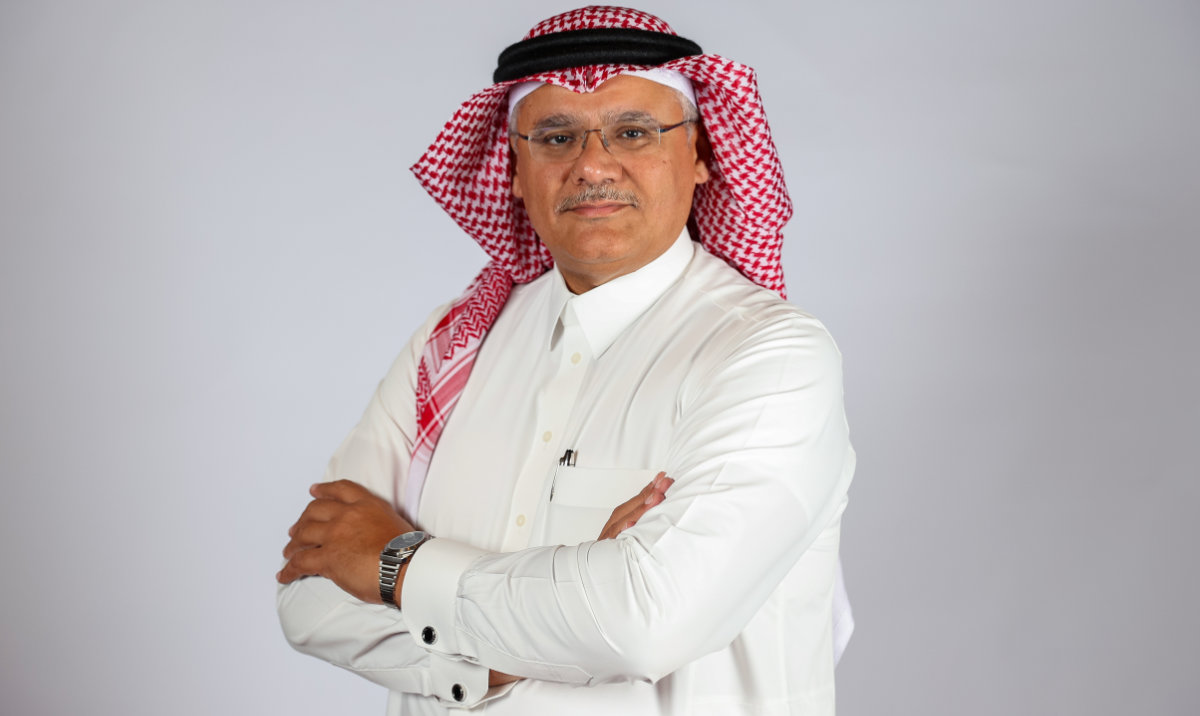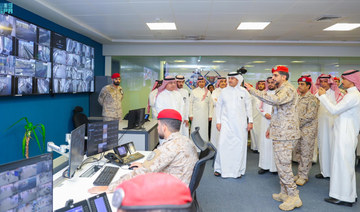RIYADH: The European Chamber of Commerce in Saudi Arabia was inaugurated in Riyadh on Wednesday.
The launch event was attended by distinguished guests, including Ibrahim Al-Mubarak, assistant minister of investment; Luigi Di Maio, EU special representative for the Gulf; and Christophe Farnaud, the EU ambassador to Saudi Arabia, Oman, and Bahrain.
The chamber will serve as a platform to facilitate business cooperation, promote trade and investment, and support the alignment of regulatory frameworks, according to a press release from the EU.
In line with the strategic partnership between the EU and the Gulf Cooperation Council announced in May 2022, the establishment of the ECCKSA is a significant step in strengthening economic ties between the EU and the Kingdom.
Di Maio said that the establishment of the ECCKSA marks an important new chapter in the partnership between the EU and Saudi Arabia.
“I am convinced that this initiative will be key in bringing closer and in integrating our economies. The ECCKSA will certainly become a point of reference for European companies doing business in the Kingdom and Saudi companies looking for partners and markets in the EU.
"It will facilitate joint ventures and boost trade and investments. There is so much untapped potential and space to grow in our economic cooperation and I am confident that the next months and years will bring about more substantive and sustainable progress,” Di Maio added.
Al-Mubarak highlighted the integration of ECCKSA’s initiatives with Saudi Arabia’s Vision 2030, creating the potential for new business opportunities in non-oil sectors.
“The launch of the European Chamber of Commerce in Saudi Arabia marks a pivotal milestone in the flourishing economic partnership between the Kingdom and the EU. With foreign direct investment stock from Europe nearly doubling to SR218.5 billion ($58.26 billion) over the past five years, the establishment of ECCKSA will unlock new horizons for cross-border trade, investment, and collaboration.
“The chamber will be a catalyst for fostering stronger ties between our business communities and supporting Saudi Arabia’s economic diversification journey under Vision 2030,” he added.
The event also featured a panel discussion, titled “ECCKSA: Shaping the Future of EU-KSA Business Collaboration,” where experts discussed strategies for deepening economic ties and explored new opportunities for partnership.
The panel included Leon Delvaux, acting director at the EU; Lama Alghrair, director of investor intelligence at the Ministry of Investment; Thomas Juergensen, head of trade and economic affairs for Saudi Arabia, Bahrain, Oman, and Qatar; and Lorcan Tyrrell, ECCKSA chairman. They collectively outlined the anticipated impact of ECCKSA on the European and Saudi business communities.
Also at the launch, ECCKSA’s license was formally handed over by the Ministry of Investment in Saudi Arabia.
Kristijonas Gedvilas, CEO of ECCKSA, said that the chamber is dedicated not only to strengthening economic ties, but also to building a vibrant business ecosystem that supports the shared vision.
“Our immediate focus will be on expanding our membership, engaging businesses actively, and providing them with invaluable resources and opportunities that foster growth and innovation across both regions,” he added.
ECCKSA aims to advance initiatives that support its members while contributing to the economic prosperity of both regions.



